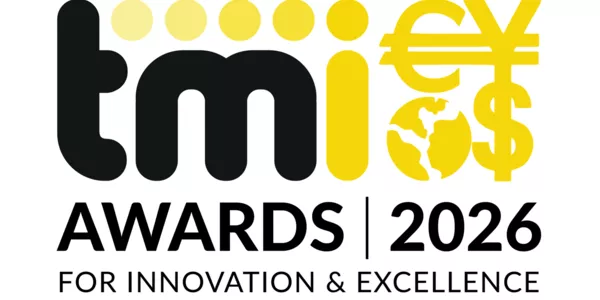
Supply chain finance
What is supply chain finance?
Supply chain finance allows a large company to procure products or services from a large number of suppliers by extending its payment terms. It is based on reverse factoring.
Supply chain buyers and suppliers have competing financial interests: the buyer wants to pay as late as possible while the supplier wants to be paid as soon as possible.
Supply chain finance or reverse factoring aims to reconcile those contradictory interests, by providing a range of financing and risk mitigation solutions in order to optimize working capital and liquidity within national and international supply chains. Some products are provided directly to suppliers, others through buyers. The most common solutions are credit, purchase order financing, factoring, and invoice discounting.
How does reverse factoring work?
Reverse factoring allows a large company (principal) to offer the opportunity for its supplier to be paid as soon as its invoice has been approved and validated by the principal. More precisely:
- the supplier delivers his goods and issues an invoice (1)
- the client validates the invoice on the secure platform (2)
- the supplier can make an assignment of his invoice, which corresponds to requesting advance payment of the invoice (3)
- the bank, which is often a factor, pays the invoice in advance (4)
- the bank is reimbursed by the client when the invoice is due (5).
Reverse factoring life cycle

Advantages of reverse factoring
For the principal:
- Build loyalty with strategic suppliers and prevent their possible default;
- Secure the entire supply chain;
- Improve working capital requirements (WCR) by increasing supplier payment delays;
- Be a Responsible Company (CSR) by supporting its suppliers, which are generally small and medium-sized enterprises (SMEs);
- Benefit from a dematerialized solution: everything is done on a platform secured by a password for each user.
For suppliers:
• Have access to credit (even suppliers in financial difficulty because the risk is not based on their rating but on the principal’s rating;
• Benefit from much more advantageous rates than those they could negotiate with their bank;
• Benefit from a dematerialized solution: everything is done on a platform secured by a password for each user.
Our latest news and insights

As part of the 2026 TMI Awards for Innovation & Excellence, Societe Generale is proud to have won the Technology &...

Northern Virginia’s “Data Center Alley” remains the leading hub for hyperscale data centers in the US, but rising AI...

By Pierre Carassus, Head of Maritime Industries, Asia-Pacific at Societe Generale